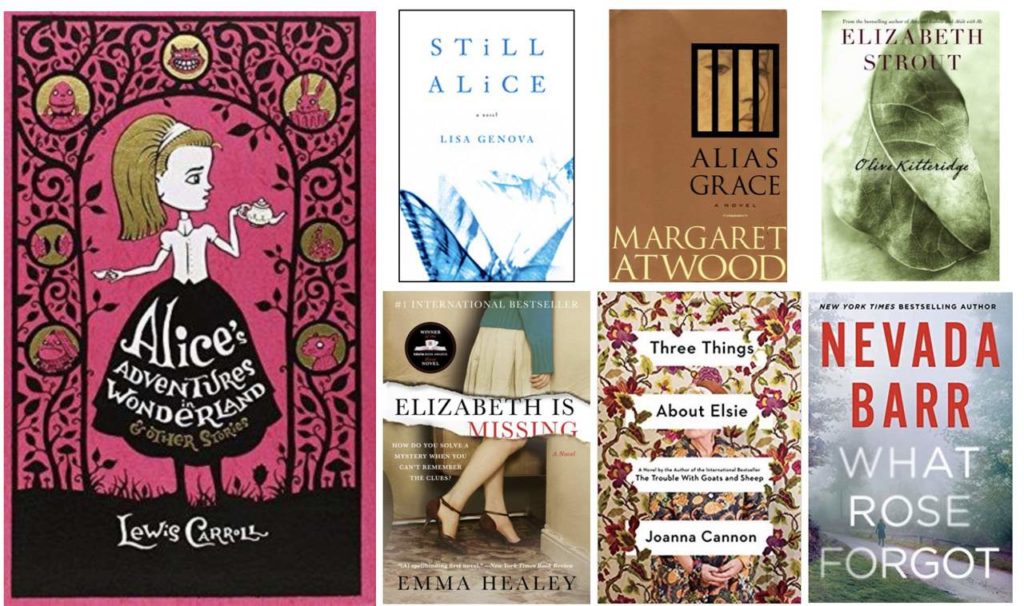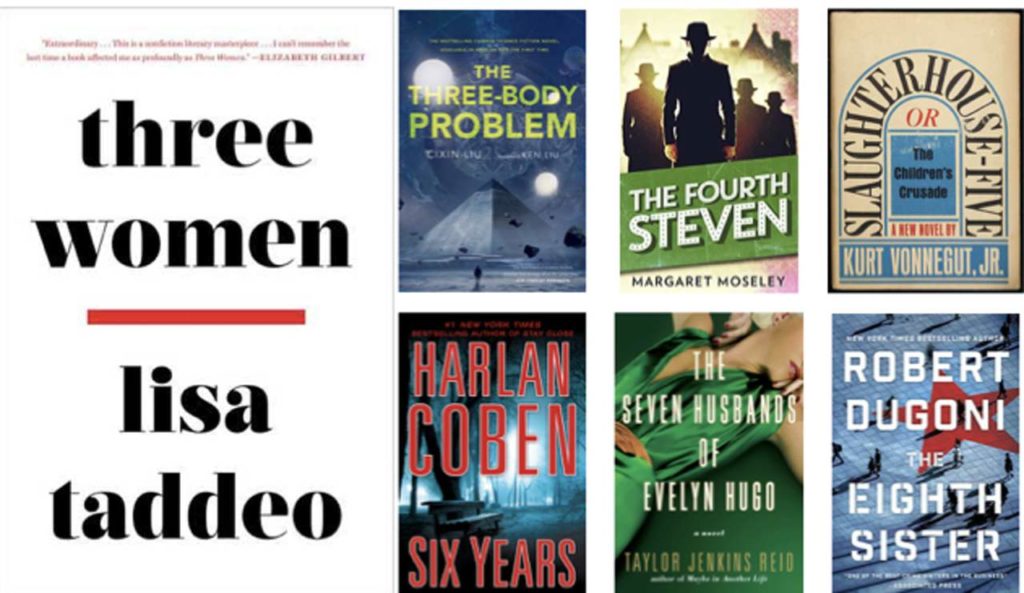Literary Links
Learning to Write Mysteries the Mystic River Way Angie Kim’s recently published debut novel Miracle Creek is one of the best books I’ve read in a long time. Dennis Lehane’s 2001 book Mystic River is a novel I still remember well even after all these years. Coming across this article, in which Angie Kim explains […]





